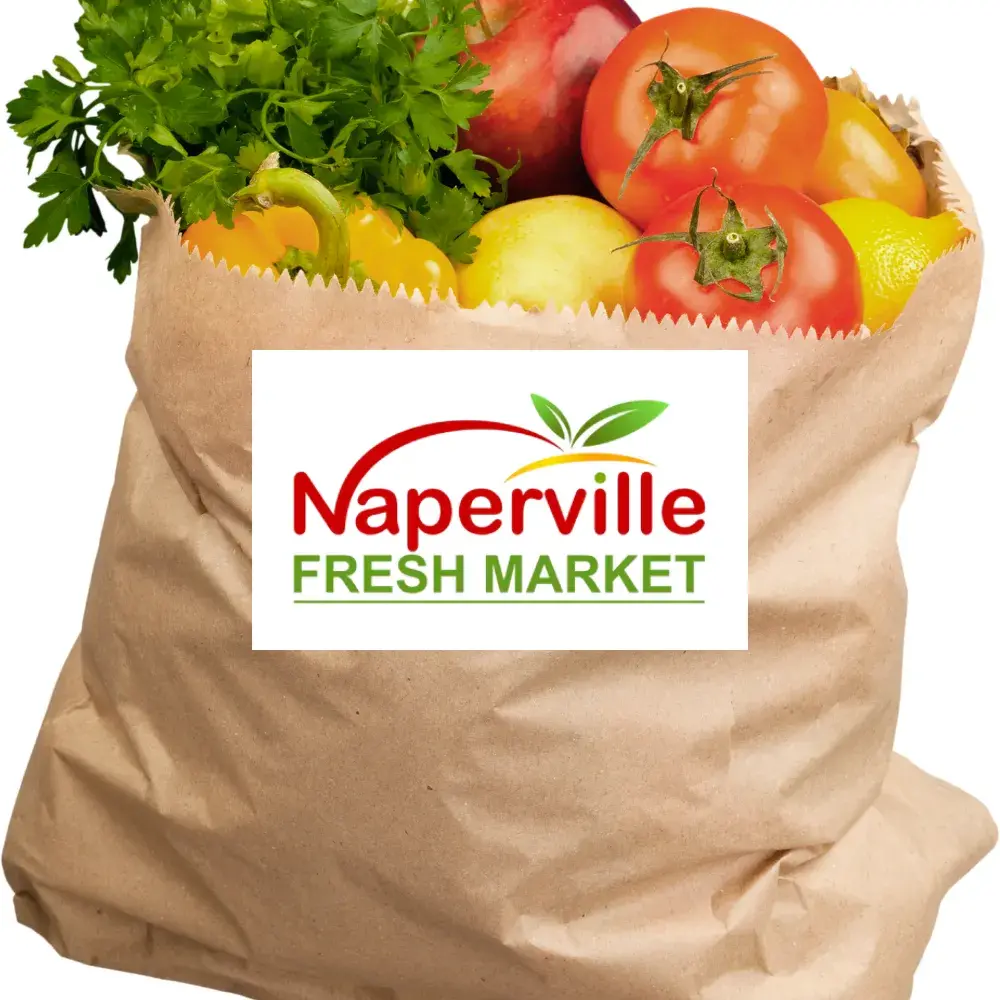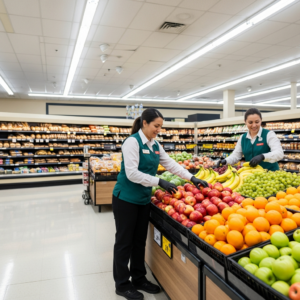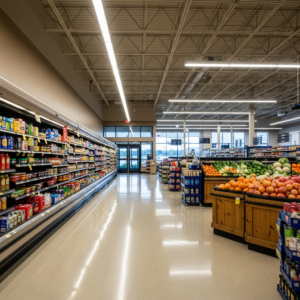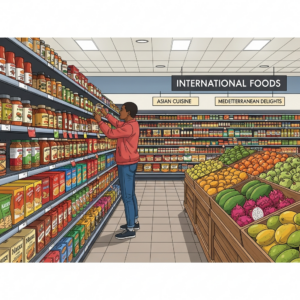The Role of Ripeness in Flavor Development
Produce harvested in its natural season reaches peak ripeness, resulting in fuller, more vibrant flavors. When fruits and vegetables are allowed to mature on the plant, they develop a richer taste that is often missing in items grown out of season. For instance, a tomato picked in the summer has a juicier texture and deeper flavor compared to one harvested in winter. Seasonal ripeness ensures that the produce not only satisfies your taste buds but also provides an authentic culinary experience.
Higher Nutrient Content in Seasonal Produce
Fruits and vegetables grown and harvested in their proper season are more likely to contain higher levels of vitamins, minerals, and antioxidants. This is because they are cultivated under optimal conditions with fewer artificial interventions. For example, leafy greens such as kale and spinach harvested in cooler months have been found to contain higher concentrations of nutrients compared to those grown in warmer climates. By choosing seasonal produce at local departments, you benefit from naturally elevated nutritional content.
Environmental Impact and Sustainable Choices
Opting for seasonal produce not only impacts flavor and nutrition but also contributes to more sustainable farming practices. When fruits and vegetables are grown in their natural season, they require fewer resources, such as water and pesticides, reducing the environmental footprint of your food choices. By supporting local growers and their seasonal crops, you also help promote agricultural departments that prioritize eco-friendly practices and reduce food miles, making it a more environmentally conscious decision.
Extended Freshness and Reduced Food Waste
Seasonal produce tends to have a longer shelf life because it is fresher when harvested. When fruits and vegetables are picked at their peak, they maintain their quality and nutritional value for a longer period, reducing the likelihood of spoilage. This can lead to less food waste and more efficient use of your grocery budget. Shopping at departments that focus on stocking seasonal items means you are more likely to find fresher options, enhancing both the taste and longevity of the foods you buy.
Choosing seasonal produce is not just about enjoying better flavors and nutrients; it is also about making mindful decisions that benefit both your health and the environment. By aligning your diet with nature’s rhythms, you support sustainable practices and ensure that each meal is packed with the best that each season has to offer.
Learn More
Eating in Harmony with Nature: The Benefits of Buying Seasonal Fruits and Vegetables
Your Ultimate Seasonal Produce Calendar: Fresh Fruits and Vegetables Year-Round




